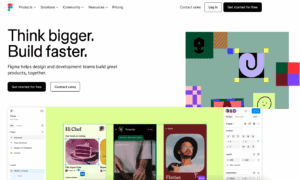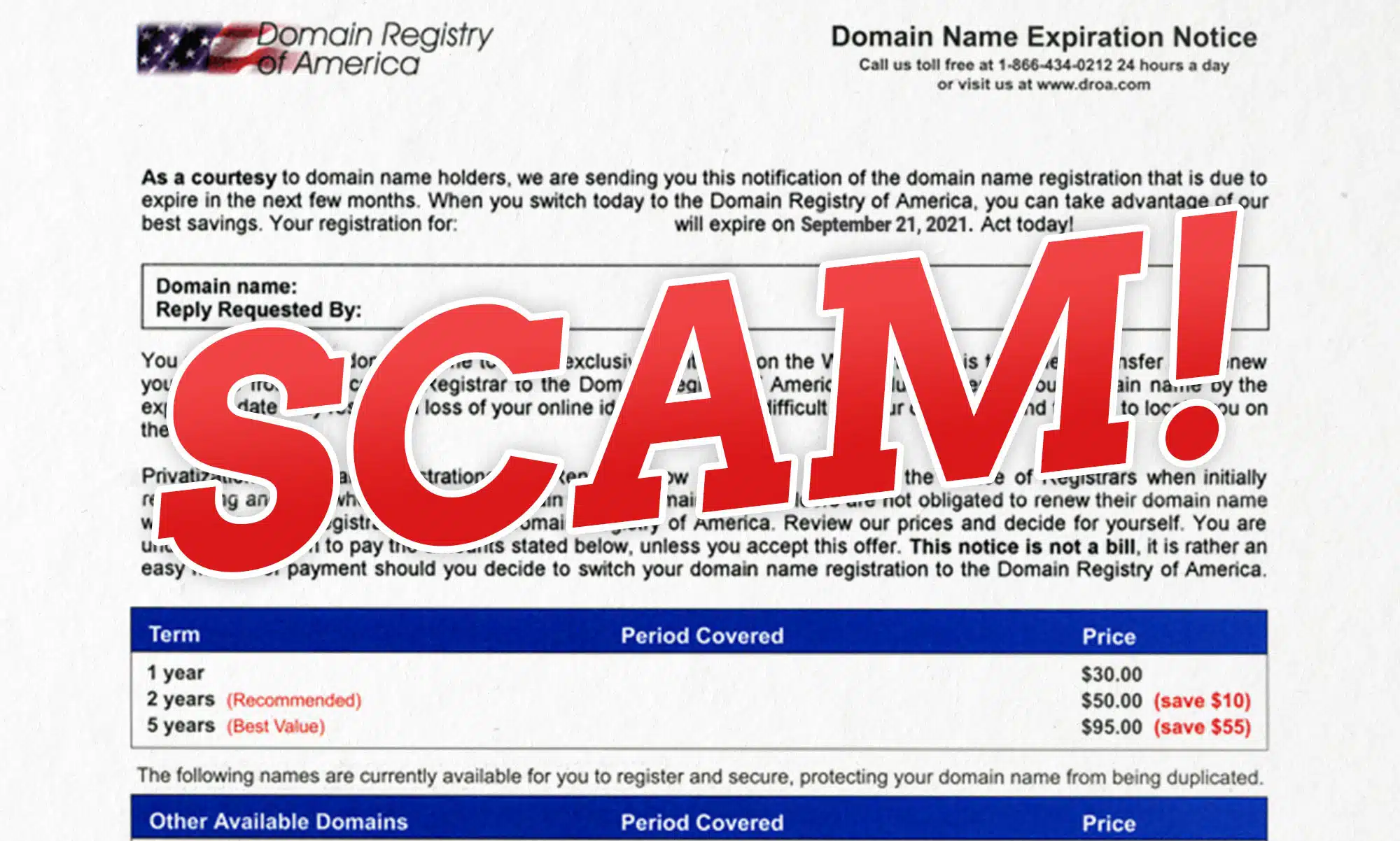Are Buying Premium Domains Worth Your Money?
Some things are hard to put a value on. Did Apple need a multi-billion dollar ‘infinite loop’ HQ – or did they get something much more than a fancy address? NameExperts.com Director Joe Uddeme explains how the true value of a premium domain name sometimes runs much deeper than you think. You are likely searching around the web right now for “domain premium names” or some mash-up of those three words, wondering which ones you’re likely to buy for yourself or your company. You’ve already weighed up the pros and cons of choosing a premium domain name over a regular $20 one. First up, well done. You’ve recognised that if you want to buy a great domain name, you’re going to have to pay for it. A premium domain might only cost a few hundred dollars (though it could cost a lot more), but you have at least figured out that it may have a certain value. A domain which has what we call ‘jurisdiction’ is one that already performs well on search engines. A number of the critical indicators that prove that your domain name has jurisdiction are its domain authority, traffic, and links. Usually, premium domains come with an existing domain authority that will enhance your website’s rank with search engines. Here’s why buying a good one can be well worth it. Key Takeaways Save money on advertising with a strong premium domain Expect an instant flow of traffic Get help if you’re not sure where to begin You Don’t Need to Spend Too Much on Advertising Most of us recognize that sites with a fantastic ranking on Google are advantageous for their owners. When the keywords being searched are a specific match to keywords in your domain name, odds are your site will rank quite high on search engines – especially if the content is good and has been optimized for SEO. Many people are harnessing the net by producing multiple domain names in the hope their company will enjoy more exposure. However, the majority of these additional domains provide very little value as most are unsecured. They can also be harmful. Domains which have a recognizable extension like .com or even .net are more reliable and will enhance your website’s click-through rate. Clients Will Find You Quicker Domain names that are brief and contain keywords are in high demand since they help your clients to locate you quickly. They’re also more memorable. It is far better to invest in a premium domain name that’s brief, descriptive and matches what clients are looking for. Every website owner will tell you they spend half their life trying to attract new clients to their website. The battle can be won before it’s even started if you choose the right premium domain name. Expert Guidance for New Domain Name Buyers Experienced domain name brokerages like NameExperts.com are popular among business owners who don’t have the necessary experience or knowledge to confidently make decisions about their domain name strategy. As well as offering expert impartial advice, we can track down owners of off-market names and conduct all negotiations on your behalf. Our clients – which include Tripadvisor, Monday.com and Mark Cuban – regularly tell us our services save them time and money. About the author Joe Uddeme is Director and Principal of Name Experts, one of the world’s leading domain name brokerage services. He has overseen domain name sales and acquisitions totaling more than $150 million and is renowned worldwide as a go-to expert in buying and selling premium domains. Contact us at: [email protected]






